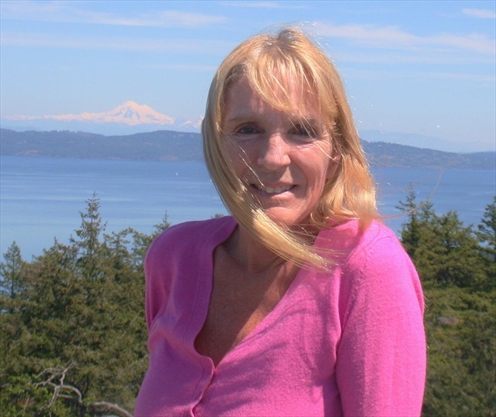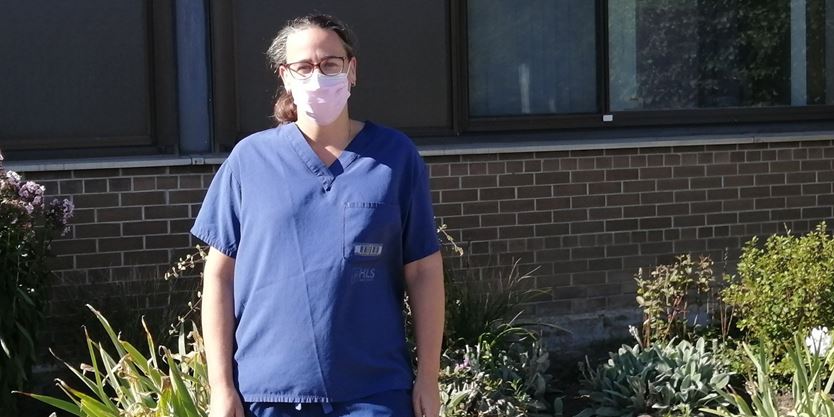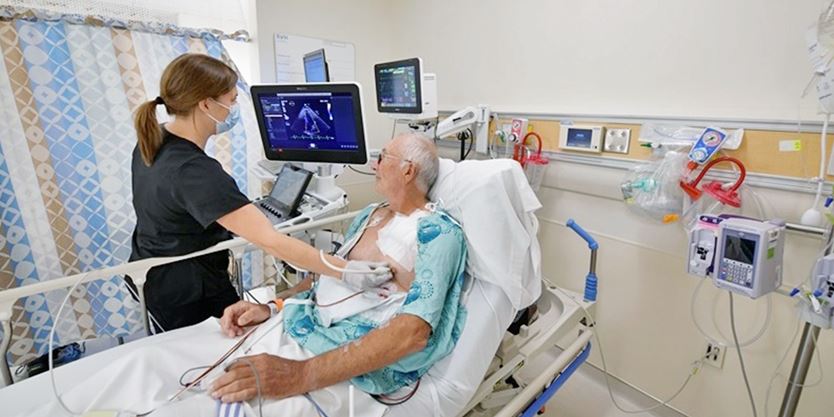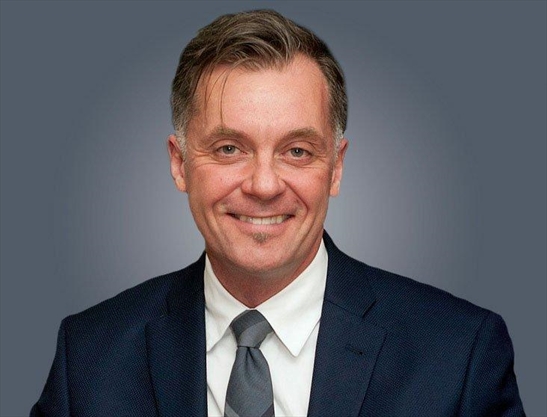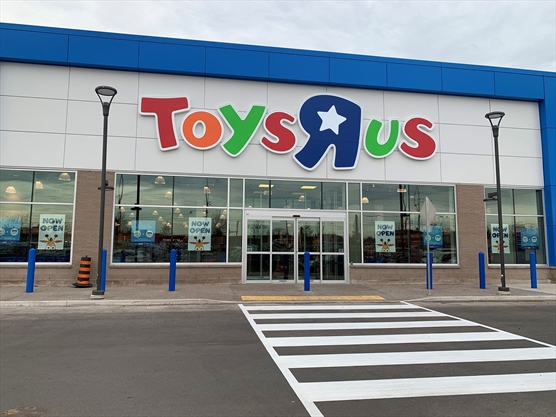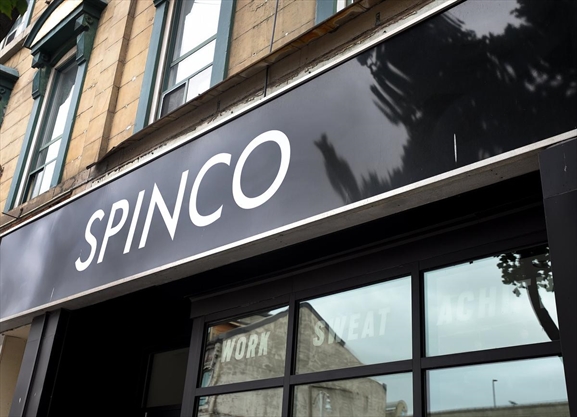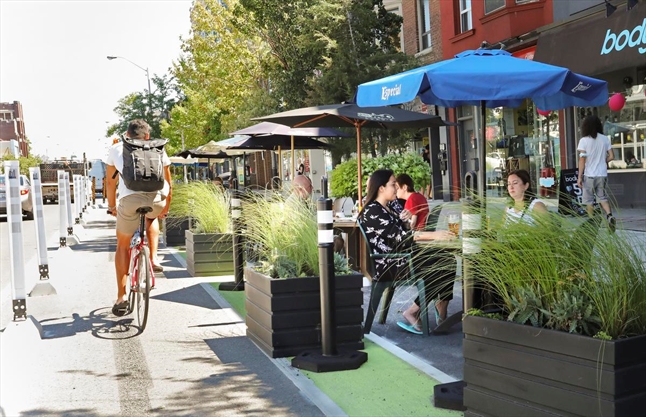Jan Willis found herself in Puerto Vallarta when was declared a worldwide pandemic in March. Before she could return to her native British Columbia, the 66-year-old was met with a flurry of cruise passengers, most of them sick with the virus.
“I’m fairly certain that’s where I caught it,” Willis said.
When she returned to her hometown of Victoria, her doctor told her to self-isolate immediately. Early on in the pandemic, there was no widespread testing and Willis was declared a presumptive case of COVID-19.

Alongside physical symptoms, including lung issues, body pains and diarrhea, Willis also experienced psychiatric symptoms. The most severe, she said, was a hallucination she had of a cloud hanging above her a few weeks after her diagnosis, which then proceeded to enter her, causing a wave of sadness.
“It was this absolutely profound depression that I’ve never experienced before,” Willis said.
The sadness persisted, she said, and her mood continued to fluctuate even after she was declared free of the virus, prompting her doctor to prescribe antidepressants. Nine months later, she continues to be on the medication.
Research shows Willis is not alone in experiencing depression symptoms after contracting COVID-19. A University of Oxford study, in November, revealed nearly one in five COVID-19 patients in the United States were diagnosed with a psychiatric disorder within 14 to 90 days of their COVID-19 diagnosis — many of whom had no history of mental illness.
The data was obtained by examining the health records of 69 million patients in the U.S., 62,300 of whom had a COVID-19 diagnosis. Similar research has not been completed yet in Canada, but studies out of and reveal the same outcome: COVID-19 survivors have a higher chance of developing mental disorders in early stages of recovery.
Researchers are left pondering, then, whether this is a result of trauma from contracting COVID-19, or is due to the virus’ ability to enter and alter the brain’s functions. This has prompted calls for longer-term studies on the topic. But Willis maintains her symptoms are more than virus fatigue.
“I could feel the difference between what we’re all experiencing in terms of the pandemic, versus the biological [depression] that was happening to me that was out of control,” Willis said.
It’s not beyond the realm of possibilities that COVID-19 could cause an array of psychiatric disorders, as there is a precedent of viruses causing neurological symptoms, said Roger McIntyre, a professor of psychiatry and pharmacology at the University of Toronto.
But McIntyre added it’s still not clear why patients are experiencing this outcome, although there are a few possible theories.
“The virus itself may be directly toxic to the brain,” McIntyre said, adding the loss of taste and smell, a common COVID-19 symptom, suggests the virus can penetrate the brain. Another theory, he said, is the cytokine storm — caused by the body’s immune system going on overdrive in an attempt to fight the virus — can actually alter the brain’s functions.
“Too much of the bad guy cytokines can actually cause mental illness,” McIntyre said. “They attack your brain.”
Treatments for COVID-19 could also be a factor, he added. Steroids, which have been used to treat many COVID-19 patients, may inadvertently cause mental illness, McIntyre said.
The possibility of COVID-19 being directly related to psychiatric disorders only adds to the swirl of uncertainty surrounding the virus, and few concrete answers are available on whether the trauma of experiencing the virus in the first place is also contributing to mental health concerns.
Jane Cotman, a 58-year-old Mississauga woman, contracted the virus in March. But for her, the mental health symptoms seem to be more tied to the fatigue of having lingering physical symptoms of the virus itself.
“My mental health suffers at times when I can’t pinpoint my pain or fatigue or shortness of breath,” Cotman said. “It’s a constant reminder that I am not yet back to being me.”
Nine months later, Cotman continues to suffer from brain fog, extreme fatigue and insomnia with no answers as to why, despite being extremely healthy and active prior to falling ill with COVID-19, adding to her sense of worry and frustration.
The symptoms highlighted in the University of Oxford research are different from the frequently documented “long hauler” COVID-19 symptoms of fatigue and brain fog, and are rather symptoms of depression, anxiety, dementia and post-traumatic stress disorder, McIntyre noted.
But whatever the reason behind these symptoms might be, “it’s something that we now need to pay attention to,” McIntyre said.
With so much uncertainty continuing to swirl around the virus and its effects, the psychiatric symptoms are an issue Willis said she would like doctors to especially be aware of.
“We need to be listened to and understood,” said Willis, who is currently seeking counselling because of her experience with COVID-19. “You need that support, you need someone to say, ‘What do you need?’”
An open letter , written by doctors who were sick with COVID-19 themselves, called for a multidisciplinary response to treating recovering patients and the creation of one-stop clinics where patients can access different types of care to combat long-term symptoms of their illness.
It is an approach McIntyre echoed, adding a primary care provider and a team of specialists, which includes neurologists or psychiatrists, should be accessible to those recovering from COVID-19 as it has been proven to be a disease that affects an array of organs in the body.
McIntyre said regardless of whether the virus is directly responsible for psychiatric disorders, the pandemic has proven to be “the greatest mental health assault on the general population ever recorded in humanity,” for social, economic and health reasons.
“People are under chronic stress, and they don’t know when it’s going to end,” McIntyre said.
It is imperative, then, that COVID-19 survivors are connected to mental health help and support, he said, whether it be through community clinics, online resources like the Canadian Mental Health Association, or their primary care provider.
“A lot of people will be really perplexed because they won’t know this is all related, and they may feel even guilty for having these problems,” McIntyre said.
But depression is treatable, McIntyre added, and COVID-19 survivors should not hesitate to reach out to a clinician if they feel its symptoms.
Nadine Yousif is a Toronto-based reporter for the Star covering mental health. Her reporting is funded by the Canadian government through its Local Journalism Initiative. Follow her on Twitter:


